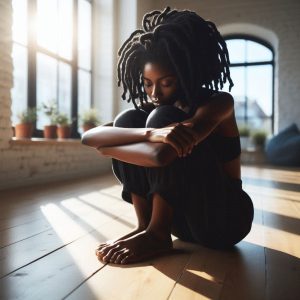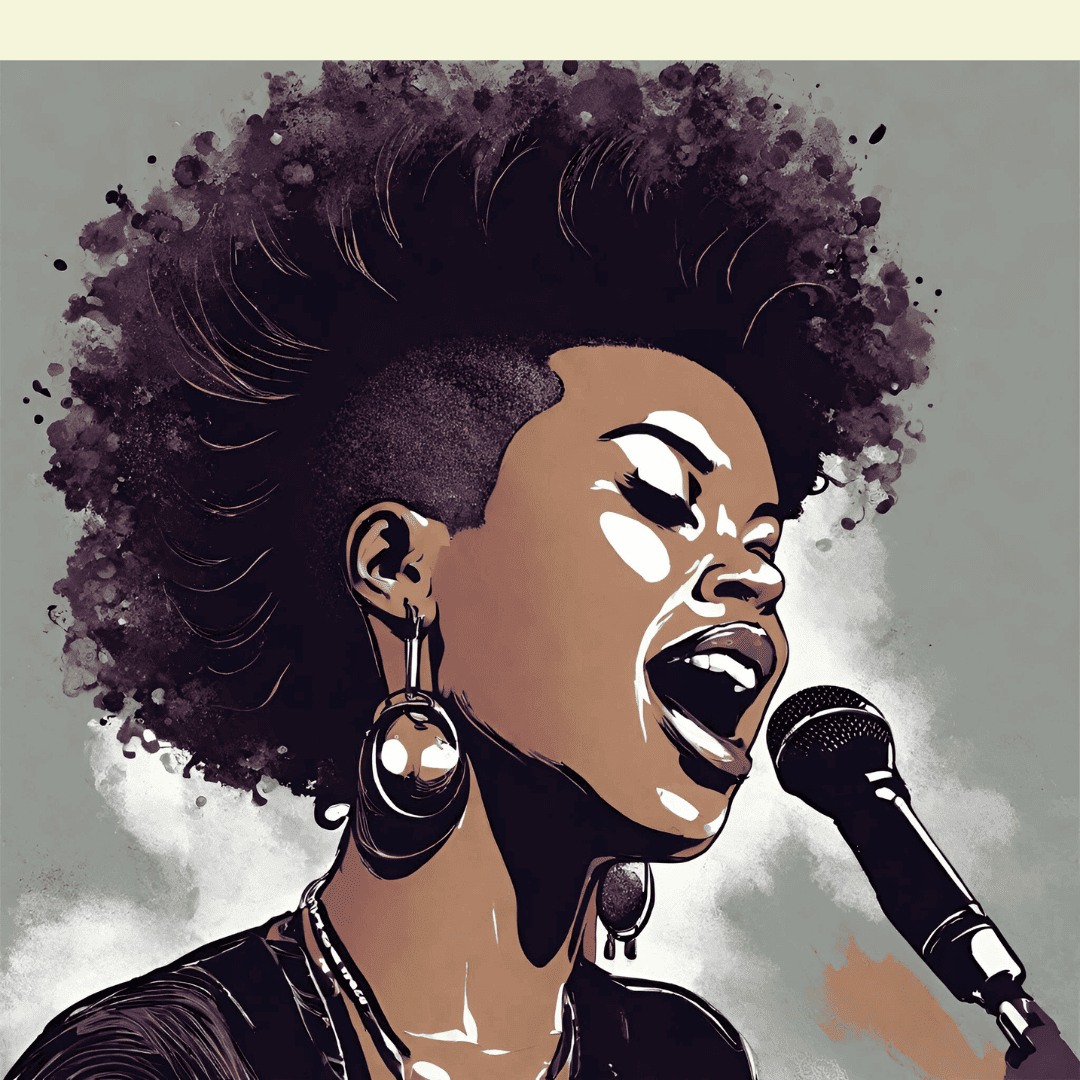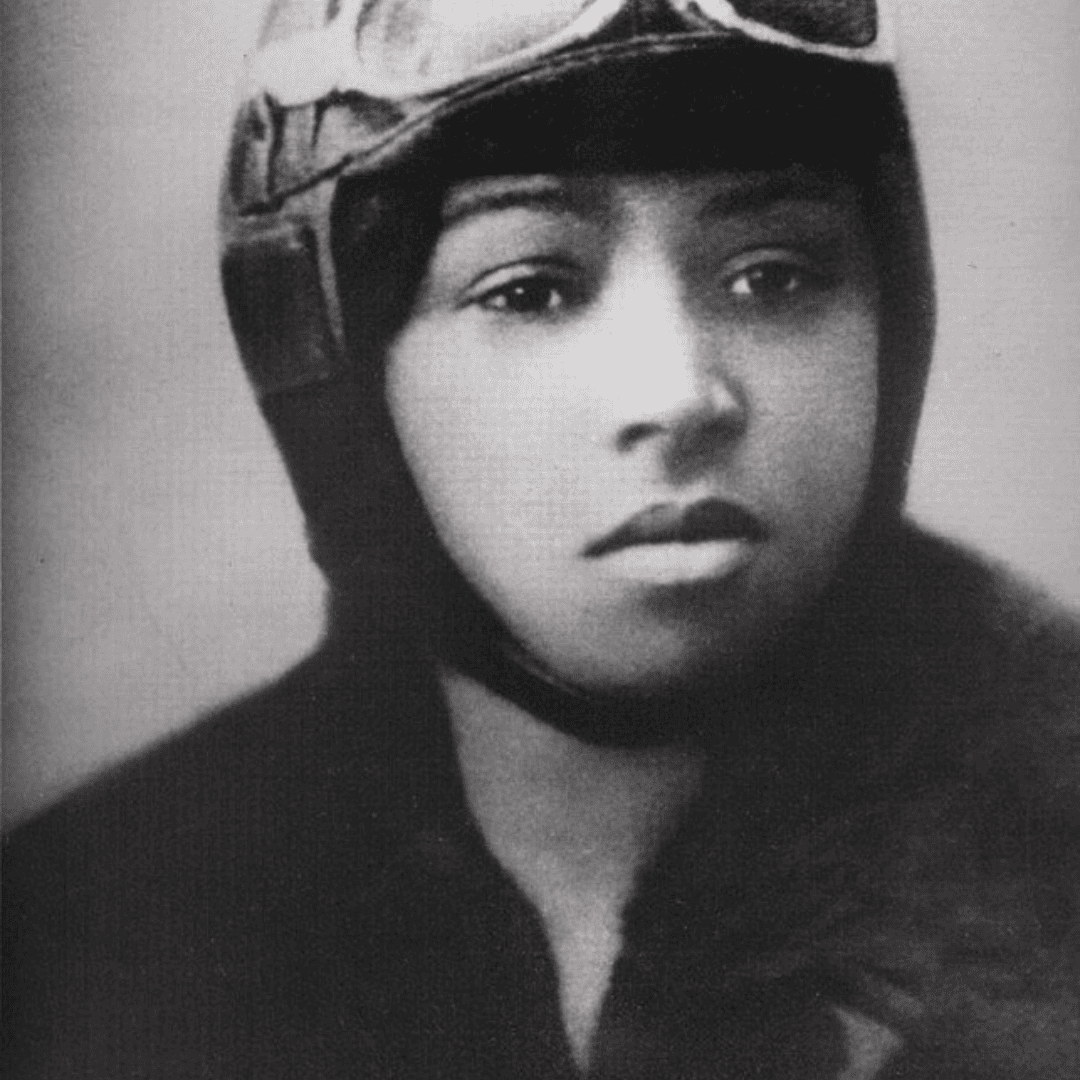-
Rejecting The Strong Black Woman Stereotype: A Deep Dive
Introducing the strong Black woman stereotype
The strong Black woman stereotype suggests that Black women can handle any challenge without support and struggle. This stereotype ignores the real experiences of Black women, placing unrealistic expectations on our shoulders.
Many Black women feel the pressure to fit into the “strong Black woman” stereotype, often sacrificing their own needs and health. This expectation can lead to burnout, isolation and health conditions. Breaking free from this narrative is essential for well-being and healing.
This topic will explore the roots of the strong Black woman stereotype, its impact, and the practical steps of embracing vulnerability and rejecting the stereotype. Discover how to reclaim your identity and prioritise your mental health without the weight of societal expectations.

What is the strong black woman stereotype?
The strong black woman stereotype is the “cultural expectation” that has been passed on to young black girls and women to be strong, caregiving and handle the stresses of life with no support and reciprocation.
We have been socialised to be strong and this has affected the mental and physical health of black women globally.
This is important because cultural expectations are like an imaginary bag on our shoulders, and we are expected to carry the world on our shoulders.
It also impacts our mental and emotional well-being because we have to endure so much and exude strength all the time.
The strong black woman feels like we can’t have a break and take care of ourselves, we can’t be selfish, we can’t vent our frustrations and express our true emotions.
This is important because if we look at the Western beauty standards black women are associated with strength then by default we are not seen as feminine or vulnerable or human meaning that we are not worthy of protection.
In contrast, white women are seen as feminine, soft and beautiful and even though she can be an independent woman, a girl boss or a feminist she will be protected by white men which is understandable because they have made sure that they are protected which makes sense.

An image created by Dall-e 3 shows a black woman meditating with a book saying No. What is the origin of the strong black woman stereotype?
Bell Hooks the black feminist and author stated that the narrative relates to the North American transatlantic slavery where black people had to endure the brutal working conditions of the legal and economic system that made white people rich as a result of free labour.
During the height of slavery, black women had to cope with the physical, mental and sexual abuse and as a result, adapted to be strong as a way of dealing with the brutal reality of living on the plantation.
What does the strong black woman stereotype look like?
An example is the role reversal of some black male and female relationships especially looking at celebrities where you can see that many of these relationships do not benefit black women in any shape or form.
It puts black women in a masculine role and often this can lead to some relationships where the black woman isn’t resting in her femininity. In addition, she is in her masculine energy which adds even more stress to her mental health.
The only positive outcome is for her partner because he doesn’t assume the responsibility of providing and protecting, which can lead to abuse and manipulation. Furthermore, this demonstrates a lack of empathy and concern for black women in the black community.
What is the superwoman schema?
An author named Michele Wallace wrote a book called Black Macho and the Myth of the Superwoman, identifying the term “superwoman.”
Developed by Woods-Giscombe, the superwoman schema illustrates the collective signs that arise when one is socialised to show strength at all costs. It captures a set of beliefs black women share about the reality of being strong.
It is often associated with pride and self-confidence but the strong black woman image has been linked to anxiety and stress.
The 5 dimensions of the superwoman schema include:
- An obligation to remain strong- capable of dealing with all the trials and tribulations by herself.
- Not embracing vulnerability- this myth that being vulnerable shows weakness
- Be motivated to succeed- this shows how focusing your energy to succeed leaves little room for yourself and highlights the sacrifice black women make that makes our health worse.
- To hide your true emotions- this myth is based on the idea that it involves completely hiding your emotions.
- Take care of everyone at the expense of your health- the obligation to take care of everyone else.
The Burden of the Superwoman Image
The strong black woman is embedded in society and it has been associated with negative associations regarding black women such as the Mammy, Sapphire and Jezebel.
Some of us don’t seek professional help because of “the mental health stigma, cultural mistrust and beliefs” that are pervasive in the black community.
Even though more black women are rejecting this narrative, more work needs to be done so that it’s normal for other black millennials, Gen Z and beyond to feel empowered enough to ask for help in the future.
In this article which looks at Afro-Caribbean women in the UK, the analysis section reveals interesting experiences about how black women and men have been raised and how these participants have to carry the burden in their households.
There are plenty of discussions on social media about the dusties and the topic of going 50/50 including the disrespect of black women by these men.
The role reversal doesn’t benefit the black woman even if she doesn’t mind paying 50/50 because she is still going to end up contributing more, especially if she has children with him.
Black women are in a unique position where we have to deal with a large majority of black men who don’t want to be providers and are more interested in being in the feminine position and asking black women to pay 50/50.
What are the consequences of the strong Black woman stereotype?
Psychological distress is a response that happens when someone has a lot of responsibilities to juggle and the overload of burden makes them feel distressed.
This is unhealthy because our bodies need to rest and it’s not okay when black women are not allowed to rest and let go. Even when black women decide not to live by the strong black woman narrative, the concept is too embedded in the black communities.
Other than the lack of concern, there is also the internalised aspect of the narrative such as hiding and masking the pain, overwhelm, stress, anxiety, depression, limiting self-care and not seeking treatment.
Marita Golden wrote The Strong Black Woman, a book that showcases the various experiences and stories of black women in the USA and why this stereotype needs more attention amongst black women in the UK because this has an overall negative impact on the wellness of black women.
Moreover, the book tells readers the reality of taking on this narrative and how these black women decided to seek help, put themselves first, and start healing from this stereotype that doesn’t provide a place for us to rest and rejuvenate.
Even though the stories are based in the USA, it is still important for black women in the UK because many of us have had to take on the burden and other people’s problems.

An image created by Dall-E 3 shows a black woman smiling and shining when she let go of a heavy burden. “Caring for myself is not self-indulgence, it is self-preservation, and that is an act of political
– Audre Lorde
warfare.”How to Let Go of the Strong Black Woman Stereotype
Here are 8 ways to start breaking free from the idea of always having to stay strong:
- Embrace your vulnerability– too often, we worry that being vulnerable makes us look weak, and that is further from the truth. Being vulnerable helps us connect with ourselves and allows black women to express our emotions.
- Schedule time for rest– the strong black woman image doesn’t give Afro-Caribbean women room to rest and this may relate to living in African households where you had to do something. In some African households rest is not prioritised enough and we underestimate the power of rest. ABC talks about how a black artist and poet called Tricia Hershey created the Nap ministry in the USA to help black women hit a pause and take a nap. The nap ministry explores the power of naps through community workshops, nap sessions and lectures.
- Go on solo dates– this has been trending on social media of women taking themselves out on dates. This is a great way to get to know yourself beyond the stereotype. This is another self-care activity to do by yourself and there is nothing wrong with treating yourself.

An image created by DALL-E 3 of a beautiful dark-skinned black woman playing with clay with a bouquet. - Don’t take on people’s problems- there is nothing wrong with helping other people and there is a time and place to say yes. However, Afro-Caribbean women should put themselves first and ensure their needs and wants come first. It’s not every day that black women are reciprocated with the same positive energy from other people.
- Let go of perfectionism– perfectionism is one of those unrealistic concepts that makes you overthink too much and things don’t get done. This is why progress over perfection matters.
- Live the soft life– The soft life was created by Nigerian influencers that allow black women to dream and live the life that is comfortable to them. The soft life is a great lifestyle and movement that helps black women start over and live a life that aligns with their values and goals and focuses on themselves.
- Find a safe space dedicated to prioritising the needs and wellness of black women where you feel seen and supported. Black Ballad is a media company for black women and it has been going on for 10 years.
- Seek help– Gone are the days when black women suffer in silence, with more black female therapists, blogs and organisations dedicated to helping black women.
Final Thoughts
I believe that there is nothing with strength, you need strength to navigate life and to deal with things such as failures and rejections.
However, when it comes to Afro-Caribbean women you can be vulnerable and you can cry and receive, be spoilt; it’s more important now than ever to become soft, to rest in your femininity, to be taken care of and to take care of yourself.
I can be strong when necessary but as a woman, I don’t want to be strong all the time. The aim is to live the slow life that benefits me, to make sure my health is taken care of and my mental health isn’t sacrificed.
I hope you enjoyed reading this post, it was something that I have been dealing with and I wanted to write a topic about this and know that there is a way to heal from this narrative.
Please share this post with other black women who want to reject this narrative and are now focusing more on themselves. Let me know what you think about this topic and suggest other content ideas that can help black women on a healing journey.
Afro Lit Stories


Healing through storytelling, elevating black millenial women, one mindset shift at a time



